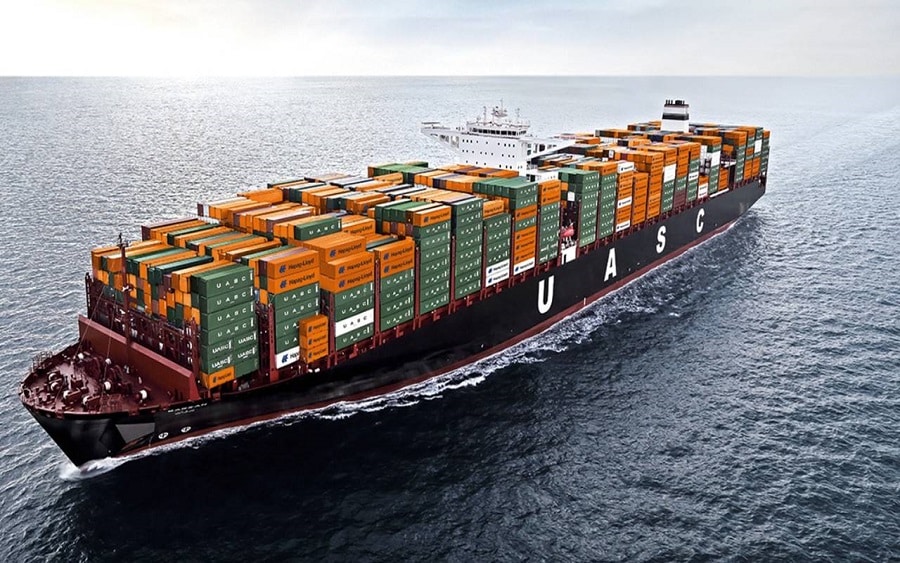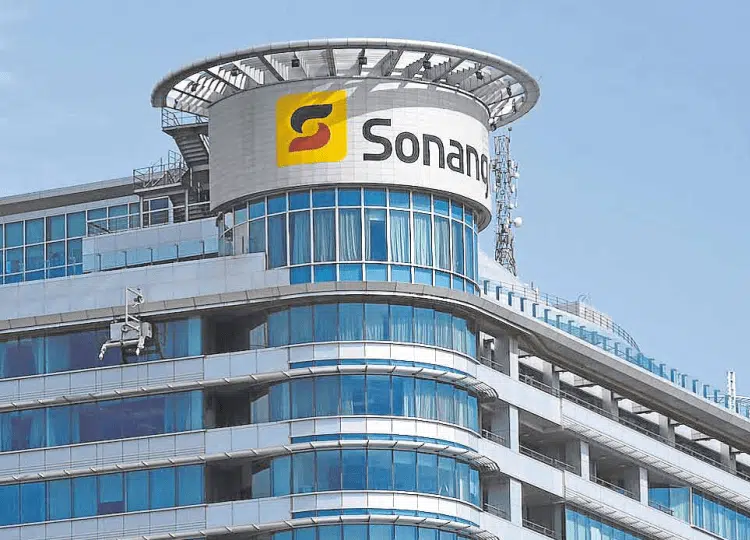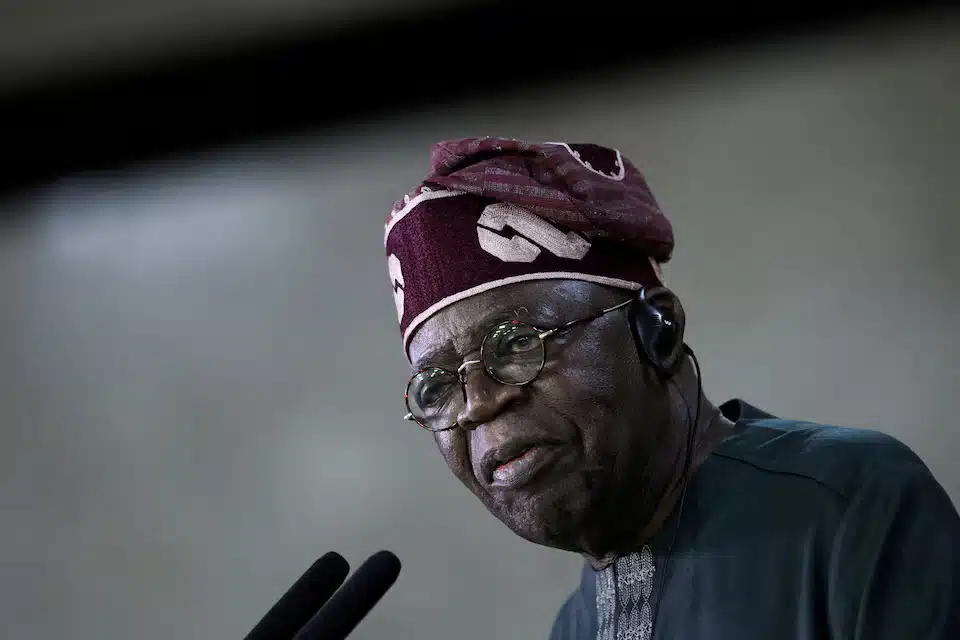The federal government of Nigeria is set to introduce a 15% tariff on the importation of Premium Motor Spirit (PMS), commonly known as petrol, as well as diesel, according to a new report.
Citing an official document, ThisDay newspaper reports that the government plans to impose the levy to protect local refineries.
The move follows the recent announcement by the President of Dangote Refinery, Aliko Dangote, of plans to expand production capacity from 650,000 barrels per day (bpd) to 1.4 million bpd.
President Bola Tinubu has expressed his support for the refinery’s expansion, noting that it will boost local content and drive industrialization across the country.
According to ThisDay, the document stated that the tariff’s impact on pump prices will not exceed an additional N100 per litre.
The report also noted that the document was copied to the Attorney General of the Federation, Lateef Fagbemi; Executive Chairman of the Federal Inland Revenue Service (FIRS), Zacch Adedeji; and the Chief Executive of the Nigerian Midstream and Downstream Petroleum Regulatory Authority (NMDPRA), Farouk Ahmed, confirming the development.
Petrol pricing in Nigeria is typically determined by import parity, incorporating Free on Board (FOB) cost, logistics, insurance, freight, and other expenses.
However, the rise of local refining has intensified tensions between domestic producers and importers, with local refiners accusing importers of bringing in cheap, substandard fuel to undercut competition.
This marks the first time in Nigeria’s history that an import duty levy will be applied to imported petrol.
A lobbying victory for local refiners
Since commencing operations in 2024, Dangote Refinery has repeatedly accused petrol importers of enjoying an unfair advantage that undermines domestic producers.
Last year, Dangote filed a N100 billion lawsuit against some importers and the industry regulator, seeking to revoke their import licenses.
The case was later withdrawn after both parties agreed to settle the dispute out of court.
Despite this, the lobbying continued, with Dangote maintaining that the federal government should ban the importation of petroleum products.
According to ThisDay, proponents of the new tariff wrote to the government stating:
“In line with Your Excellency’s earlier approval, this measure strengthens the local value chain, stabilizes prices, and incentivizes investment in refining and logistics infrastructure. In alignment with the updated technical proposal, it is recommended that an ad valorem import duty of 15% be applied to PMS and diesel, based on the Cost, Insurance, and Freight (CIF) value at discharge.
“At current CIF levels, this represents an increment of approximately N99.72 per litre, nudging imported landed costs closer to local cost recovery without choking supply or inflating consumer prices beyond sustainable thresholds.
“Even with this adjustment, estimated Lagos pump prices would remain around N964.72 per litre ($0.62), still significantly below regional averages such as Senegal ($1.76), Côte d’Ivoire ($1.52), and Ghana ($1.37).”
The report adds that the federal government immediately approved the request, allowing for a 15% increase in petrol import duty.
A 30-day transition window has been granted to importers to adjust cargoes already in transit and ensure a smooth implementation.
The government has also directed the NMDPRA and the Nigeria Customs Service (NCS) to enforce the new import duty on PMS and diesel once the transition period ends.
A major setback for importers and consumers
The new tariff is expected to deal a major blow to fuel importers and consumers alike.
The ongoing price war between Dangote Refinery and petroleum marketers has been a major flashpoint over the past year. With higher import costs, prices are likely to rise, giving local refiners a competitive edge.
While the move could strengthen domestic refining, it also risks distorting market prices. Consumers, motorists, and businesses will likely bear the brunt of higher pump prices.
Another likely outcome is a sharp decline in petrol importation, as more marketers may turn to the Dangote Refinery to source fuel locally.
Although the Petroleum Industry Act (PIA) permits import duties on petroleum products, it also warns against creating market distortions or monopolies that could harm competition.
Nigeria continues to import a large share of its refined petroleum products despite growing local refining capacity.
The new import duty could push prices higher across the board, reducing competitive pricing and leaving consumers with fewer affordable options.








